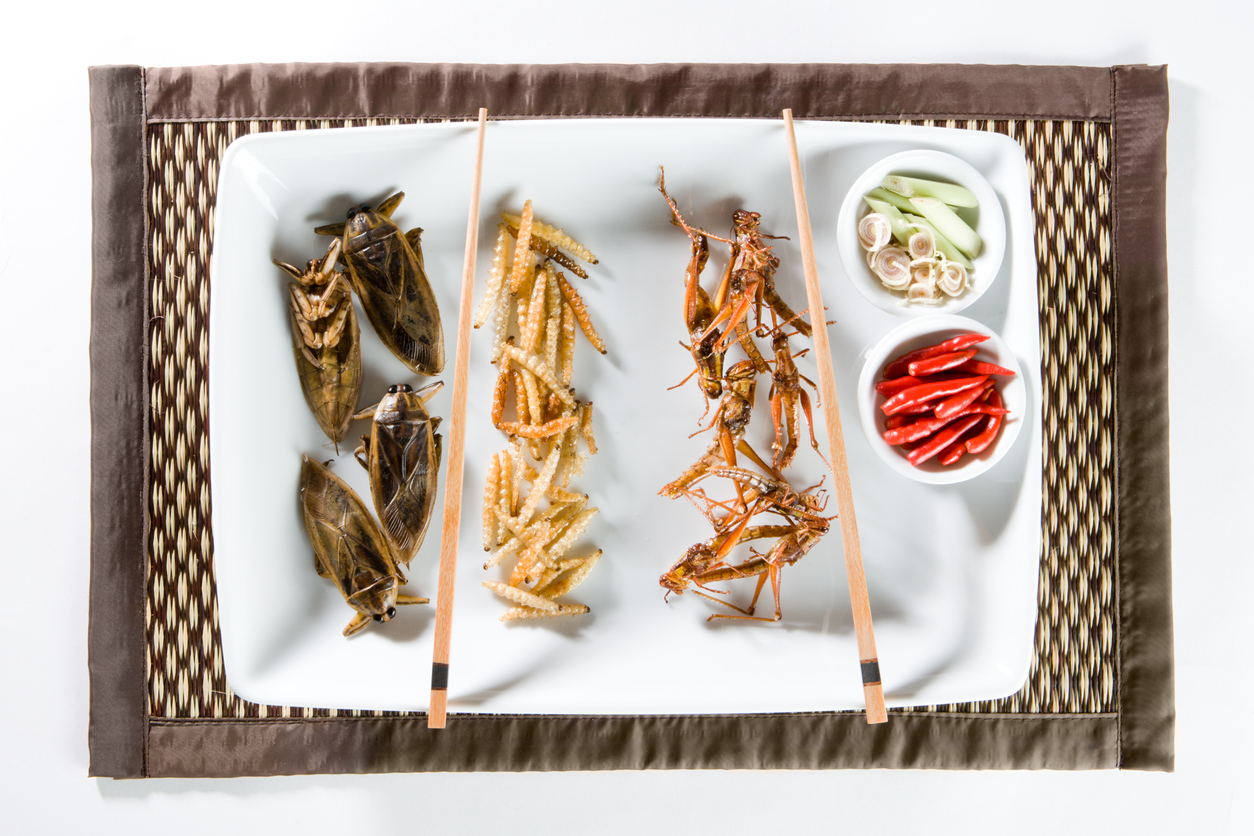Genetic factors influence being pescatarian and vegetarian says new research

Deciding to be pescatarian or vegetarian could be down to genetic factors, according to a recent study on twins.
The report published in Science Direct by a group of Dutch researchers revealed being pescatarian is 74% heritable, vegetarianism 77% heritable, and not eating meat 80% heritable.
The study found monozygotic (identical) twins were more likely to have a similar level of abstinence towards eating types of meat and fish than dizygotic (fraternal) twins.
Such findings suggest the heritability of being pescatarian or vegetarian, as identical twins tend to share 100% of their genes, in comparison to fraternal twins who share around 50%.
Non-shared environmental influences account for the remaining variance according to the study such as experiences with social groups.
A total of 8,196 participants were surveyed from the Netherlands Twin Register’s collection of data from 2015. The data came from twins, and the first and second born of triplets sets.
While individuals tend to have different reasons for not eating meat or fish – such as health reasons, general dislike or ethical beliefs – genetic factors still play a major role in choosing not to eat such foods, the researchers say.
The results of the report are similar to those published in a Finnish study in 2021. The researchers found vegetarianism and veganism to be 76% heritable in a large sample of Finnish twins and their non-twin siblings.
Genetic factors were found to account for less variance in men’s meat preferences than women’s, with men’s meat preferences being found to be less heritable, and shared environmental factors having a larger impact on such choices. This result was thought to be due to meat consumption being widely seen as being ‘masculine’ and men’s dietary choices being influenced by the desire to be viewed as ‘manly’.
The Dutch study also shows that women are more likely than men to abstain from individual types of meat except fish.
More research still needs to be done to overcome several limitations in the study, according to the researchers, such as the use of self-reports, and the narrow focus on just the Dutch population. A larger sample size is also needed to analyse the genetic influences on veganism, the researchers note.









